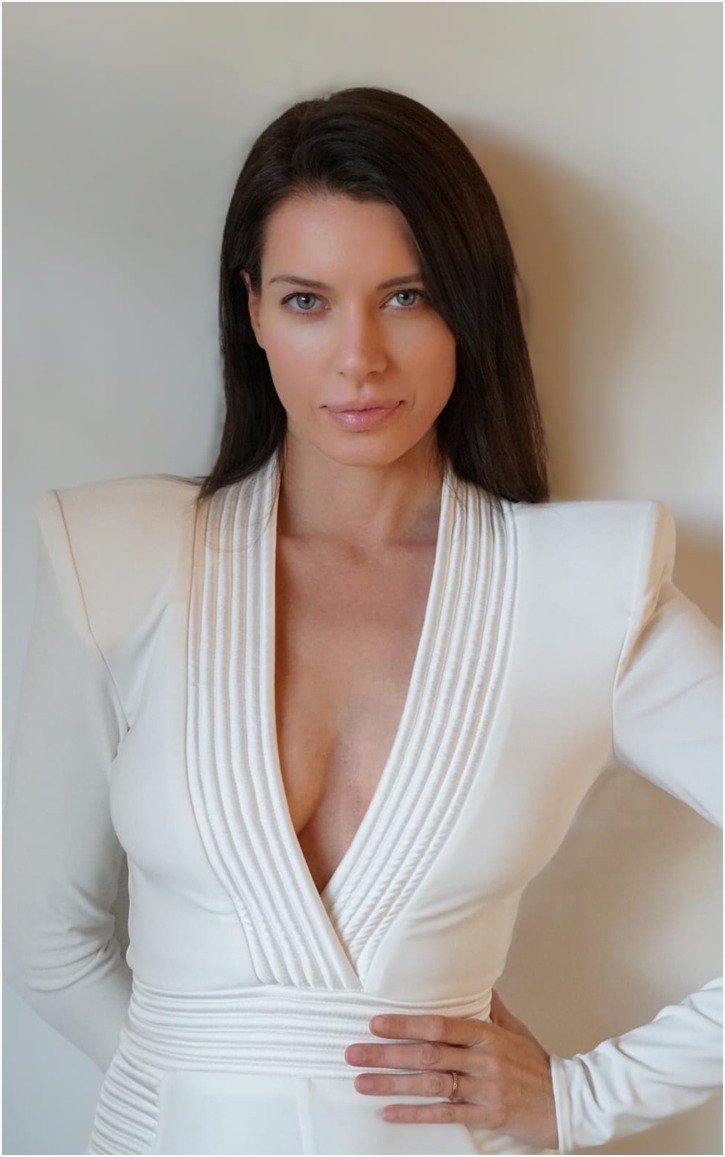In the realm of academia, controversies often emerge that not only question institutional practices but also redefine the boundaries of academic freedom, accountability, and ethics. One such significant legal battle that has garnered widespread attention is the C.W. Park USC lawsuit. This lawsuit, which unfolded at the University of Southern California (USC), encapsulates a complex narrative intertwining allegations of academic misconduct, institutional accountability, and the pursuit of justice.
The Genesis of the C.W. Park USC Lawsuit
The saga began when Dr. C.W. Park, a distinguished professor renowned for his expertise in marketing and consumer behavior, found himself embroiled in a contentious dispute with USC. Park, a respected figure in the academic community, had contributed significantly to the field through his research, publications, and mentorship. However, his career trajectory took an unexpected turn when allegations of academic misconduct surfaced, tarnishing his reputation and casting a shadow over his accomplishments.
Allegations and Fallout
The allegations against Park were multifaceted, ranging from data fabrication to plagiarism, sending shockwaves through the academic community. As the controversy unfolded, it not only threatened Park’s career but also raised fundamental questions about the integrity of academic research and the responsibilities of institutions in upholding scholarly standards.
The fallout from the allegations was profound, with repercussions reverberating across USC and beyond. The university faced scrutiny regarding its oversight mechanisms, prompting soul-searching within the institution about how such incidents could occur and what steps could be taken to prevent them in the future.
Legal Battle and Its Implications
As Park vehemently denied the allegations leveled against him, the dispute escalated into a protracted legal battle, with both sides preparing to present their arguments in a court of law. The lawsuit not only pitted Park against USC but also highlighted broader issues related to academic freedom, due process, and the balance between institutional authority and individual rights.
At its core, the legal battle underscored the complexities inherent in adjudicating disputes within the academic sphere. On one hand, universities must uphold rigorous standards of academic integrity to maintain their credibility and ensure the validity of research findings. On the other hand, individuals accused of misconduct are entitled to due process and fair treatment, necessitating a delicate balancing act between accountability and justice.
The Ripple Effects
Beyond the immediate parties involved, the C.W. Park USC lawsuit sent shockwaves through the academic community, prompting soul-searching and calls for reform. Scholars and administrators alike grappled with how best to fortify academic integrity safeguards without stifling innovation or undermining trust within the academic community.
Moreover, the lawsuit served as a cautionary tale, reminding institutions of higher education about the importance of fostering a culture of transparency, accountability, and ethical conduct. It underscored the need for robust mechanisms for detecting and addressing academic misconduct while safeguarding the rights of individuals ensnared in such controversies.
Lessons Learned and Path Forward
As the dust settled on the C.W. Park USC lawsuit, it left in its wake a series of valuable lessons and reflections for the academic community. First and foremost, it underscored the imperative of upholding uncompromising standards of academic integrity, with zero tolerance for misconduct or malfeasance.
Furthermore, the lawsuit highlighted the importance of robust oversight mechanisms and due process safeguards to ensure that allegations of misconduct are adjudicated fairly and transparently. Institutions must invest in training, resources, and support systems to educate faculty, students, and staff about ethical conduct and provide avenues for reporting concerns without fear of retaliation.
Ultimately, the C.W. Park USC lawsuit serves as a sobering reminder of the fragility of academic integrity and the enduring importance of upholding scholarly standards in the pursuit of knowledge. By confronting the challenges it laid bare head-on and embracing a commitment to transparency, accountability, and ethical conduct, the academic community can emerge stronger and more resilient in its pursuit of truth and excellence.








+ There are no comments
Add yours